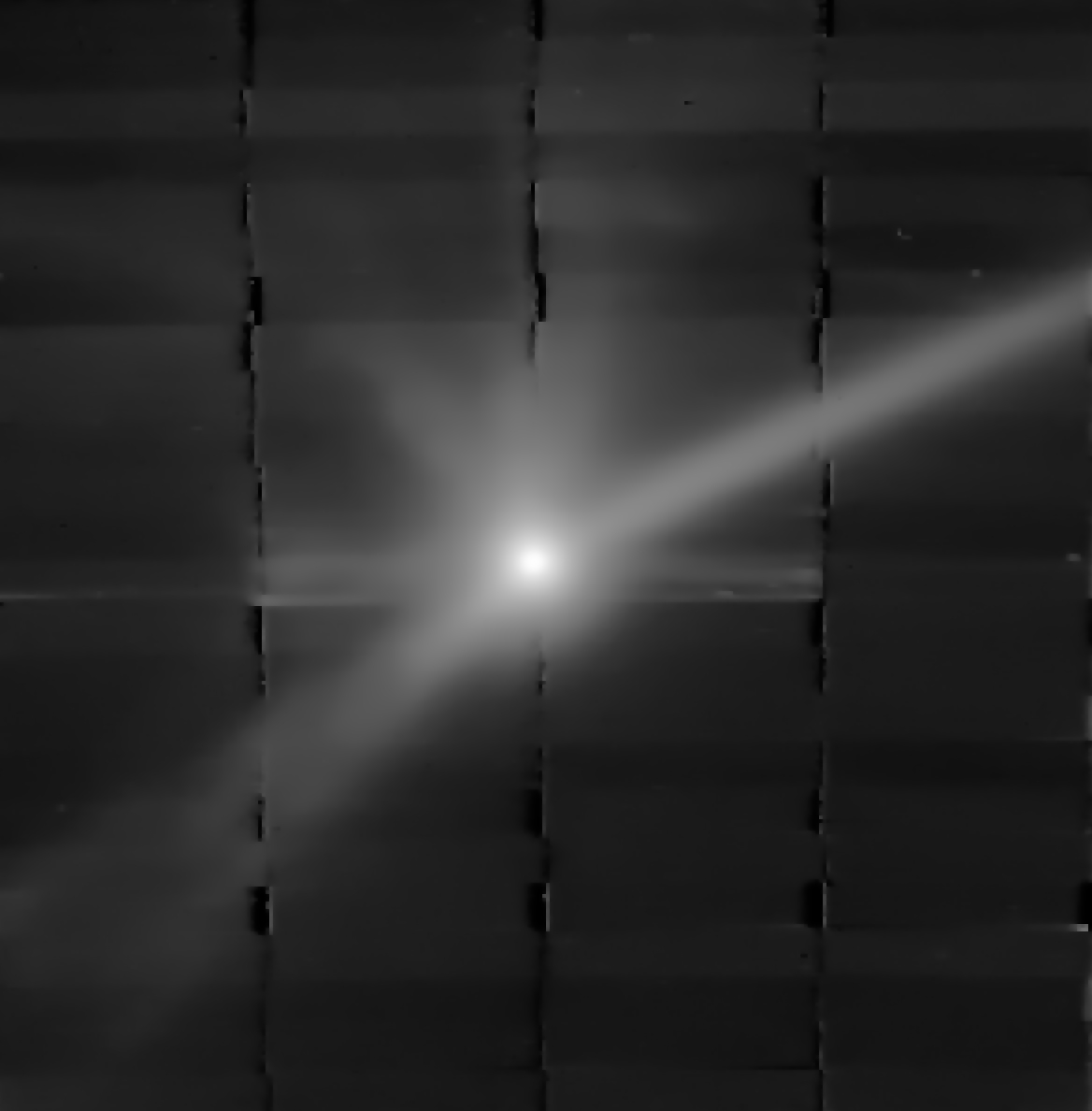Comments and questions about the
APOD on the main view screen.
-
VictorBorun
- Captain
- Posts: 1136
- Joined: Fri Oct 16, 2020 10:25 pm
-
Contact:
Post
by VictorBorun » Wed Oct 05, 2022 2:58 am
johnnydeep wrote: ↑Mon Oct 03, 2022 1:54 pm
jamjam wrote: ↑Mon Oct 03, 2022 2:01 am
Well the mechanism wasn't known back in 2019 when this first appeared, but recently it’s been proposed
https://phys.org/news/2022-08-neutrino ... lsars.html that neutrino emission which is asymmetrical because such emission can violate parity causes the pulsars to jet off, and I’d bet that's right.
Wow! That's pretty cool. From the link:
It has been shown that Cooper pairs of neutrons that have been formed by neutron binding also undergo gyrator motion in the superfluid region of neutron stars. Based on calculations, the researchers discovered that these left- and right-handed neutrinos, which are emitted by neutron Cooper pairs, have high energies.
Furthermore, left-handed neutrinos and right-handed neutrinos emit in the same direction due to their non-conservation of parity. As a result of the conservation of momentum, when a neutron star emits a neutrino stream along its rotation axis, the neutron star itself acquires a recoil velocity in the forward direction along its rotation axis.
So, I wonder how long this "neutrino beam rocket" can fire, and if there is any upper limit (other than
c of course) to how fast it can propel the neutron star.
IMHO today's physics is not ready to say if
1) superfluidity fraction of neutron liquid can exist at high temperature of a neutron star
2) Cooper pairs of neutrons can exist at high gravity of a neutron star
3) there is enough protons going neutrons (u-quarks going d-quarks) to drive the neutron star up to 1000 km/s
-
VictorBorun
- Captain
- Posts: 1136
- Joined: Fri Oct 16, 2020 10:25 pm
-
Contact:
Post
by VictorBorun » Wed Oct 05, 2022 3:14 am
VictorBorun wrote: ↑Sun Oct 02, 2022 3:00 pm
Chris Peterson wrote: ↑Sun Oct 02, 2022 1:43 pm
ErikTheWise wrote: ↑Sun Oct 02, 2022 12:07 pm
No problem. All that is needed is to violate Conservation of Momentum. And yes, that's sarcasm.
Well, yes, that would work. But it's not hard to see momentum conserved in situations like this. The mass of the remnant is much greater, so its motion is much slower (and harder to detect). I think that lack of understanding here is in why some supernovas are so highly asymmetric in the way the explode. That an asymmetric explosion can lead to this outcome is not hard to understand.
there are 2 poles of the maximum brightness of the shell of the SNR, one directly under the 1000 km/s cannonball pulsar neutron star.
So there is a symmetry to the SN explosion.
There may be even a second cannonball, twice the mass and 500 km/s the speed, aproaching the other pole of the shell from inside and going to become visible soon. If so, the third mass may well stay in the center of the shell.
By the way, do we know any candidate remnant dwarf stars near the center of the shell?
Now if you want to wonder at a complex conservation of an impact momentum, look at Dimorphous' ejecta
in radiowaves:

The impact momentum's direction is 5 o'clock, the bisector of the two longest jets
Could the SN in this APOD be caused by an impact with a cannonball, I wonder
sorry, a correction
The impact momentum's direction is 11 o'clock, and the ejecta of the two longest jets is somewhat backwards
